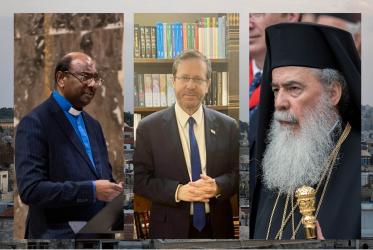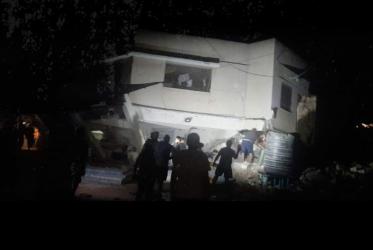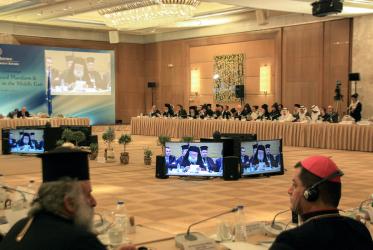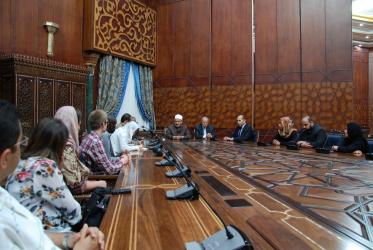Displaying 1 - 18 of 18
WCC calls for immediate end to brutal violence in Gaza
30 December 2023
Trying to do good for the world
18 December 2017
Praying for one another, even when we disagree
02 March 2017
Grand Imam calls for collaboration against violence and poverty
06 October 2016
WCC welcomes Grand Imam of Al-Azhar
01 October 2016
WCC general secretary reflects on peace in Palestine and Israel
20 September 2016
International conference addresses challenges in the Middle East
22 October 2015












